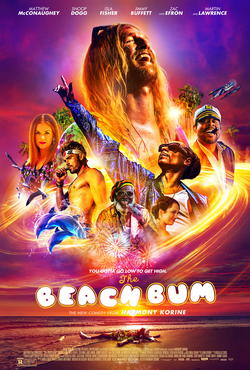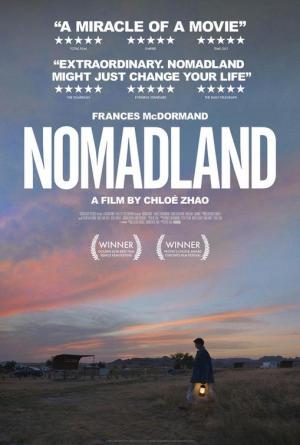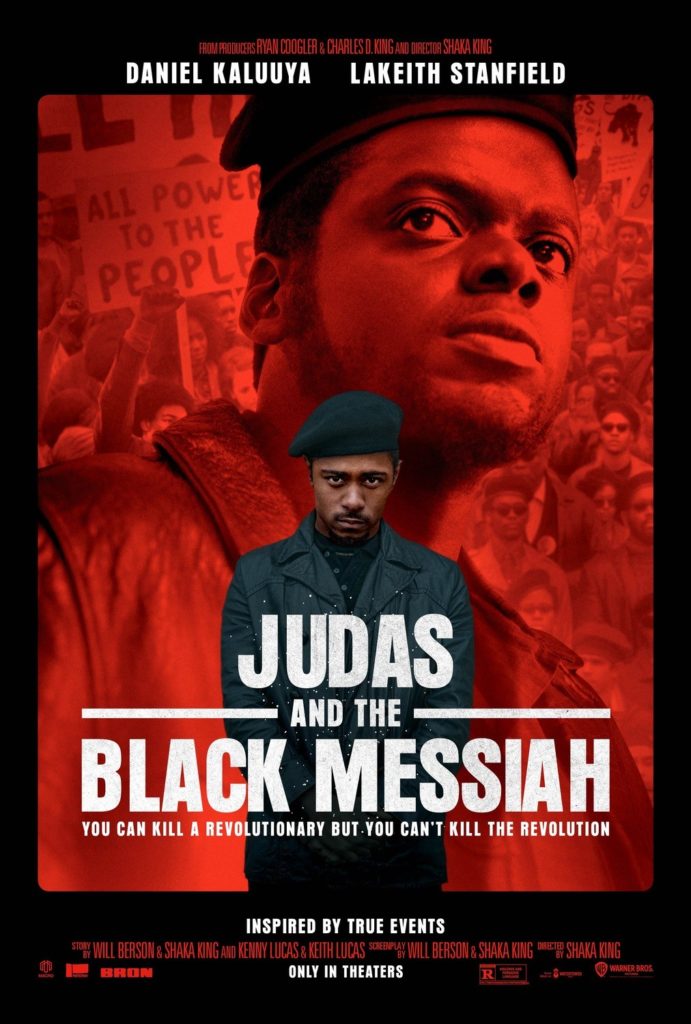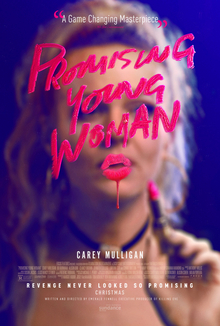Film Log #10 – 3.2021
Tuesday, March 16th, 2021During the early stages of covid-19 (April 2020), Vulcan Video, my local video store closed its doors. Since then, the entertainment industry has been undergoing substantial changes. The industry was already heading towards an exclusively streaming direction; covid-19 just gave it an unfortunate shove.

Gone are the days where I look forward to my 2-for-1 mid-week deals and have friendly conversations with knowledgeable staff about cinema while making a concerted decision about how I was to spend a specific evening.
What has replaced this is browsing various streaming services’ category of films that are approaching their streaming expiration such as HBO Max’s “Last Chance” section and watching however many worthwhile films before they depart (usually at month’s end).
This is a poor substitute for Vulcan Video, Austin Film Society, and The Paramount Theatre’s Summer Classic Film Series, but it’s what we currently have.
If you have read any of these posts before, it’s obvious that I have a predilection for classic films. I generally prefer most media (film, music, literature) that was created before the 1980s, but because The Oscars are approaching, I had relatively recently figured to give a few contemporary films a shot.

McConaughey, playing a character named “Moon Dog” (it’s unclear if Writer/Director Harmony Korine intentionally gives the film’s lead the same name as respected experimental jazz musician Moondog, either way, odd choice) parades around south Florida in skiffs, tour boats, yachts, extravagant SUVs, sports cars, and other random vehicles performing a hedonistic, ‘let everything come what may’ type of journey.
But, I couldn’t attempt to call this a “journey” or a narrative. After Korine introduces the main characters, he awkwardly thrusts idiotic plot points at the audience and I’m not certain how the people involved in this production could believe an audience could care about any on-screen happenings.
The movie is directionless, pointless, awful.
Watch it if you genuinely enjoy spending time with this type of cast on your screen regardless of any type of discernible story, character arc, intended meaning.

Frances McDormand portrays Fern, a recent widow who was committed to a community whose lifeblood was a gypsum plant. We meet Fern after her husband has passed and the gypsum plant has closed. We see a town in decay and a person at a crossroads.
However resilient she may be, Fern’s options look arduous and disheartening.
This film serves as a fairly powerful commentary on corporations that create and discard communities they deem disposable, American family dynamics and how financial gaps strain familial relationships, how the U.S. healthcare system doesn’t have much use for anyone without a secured, corporate salary (seasonal workers, gig workers, etc), and the trials/difficulties that come with living life on the road.
This film was something of a revelation for me.
Dave, played by David Strathairn, repeatedly tries to make inroads towards a friendship or romantic relationship with Fern, but is consistently kept at bay. A connection of sorts is created though as the characters continue to cross paths and keep in touch.
How was this film a revelation for me? For perhaps twenty years now, there have been repeated calls for the entertainment industry to diversify their protagonists’ points of view. The criticism being, hasn’t our society seen enough films told from a white, male, heteronormative point of view?
My initial reaction to that criticism was, regardless of pov, I simply hope to watch something good.
‘Good‘ is subjective. POV is not.
That acknowledged, I can’t care about shallow, shitty films regardless of whose perspective/story is being told. However, it’s been awhile since I’ve seen a good film where I felt myself wanting to know way more about a tertiary character than the film’s lead. During the screening, I felt myself wanting to know more about Dave, Strathairn’s character, and it’s not complex calculus as to why that might be (gender/perspective has something to do with it).
I realized that what I was experiencing while watching Nomadland is what many non-white-heteronormative-males have been experiencing over the course of American mainstream cinema’s history.
There have been countless times where others have experienced, “I want to know more about that supporting character” or “why isn’t someone more like me driving the narrative?”
Due to my personal background paired with my proclivity towards classic cinema that tells stories from a very narrow demographica’s perspective, it is few and far between that I experience this feeling.
My recommendation: Nomadland was good. I most likely won’t see it again, but it was an extremely worthwhile story that was expertly told.

Speaking of POVs, we come to a film whose only two named white characters are in supporting roles.
Judas and the Black Messiah is a film about Bill O’Neal’s (played exceptionally by Lakeith Stanfield) real-life relationship and conflicted involvement with the Chicago chapter of The Black Panthers.
To continue the discussion on perspective, the character that resonated with me was Stanfield’s O’Neal. This character was approached/preyed upon by the FBI to infiltrate and betray the Black Panther Party. If O’Neal didn’t do what the FBI requested [demanded] of him, O’Neal would be looking at years in federal prison.
Now, I haven’t been faced with a life choice like that before, but I’m very familiar with choices and options that range from “sucks” to “shitty.”
I don’t know many people that would identify with FBI Special Agent Roy Mitchell (played by Jesse Plemons) or FBI Director J. Edgar Hoover (Martin Sheen who doesn’t showcase putting on his jacket in a signature way in this film), but the people I do know would easily choose to see the film from the perspective of a passionate political revolutionary (Fred Hampton played by Daniel Kaluuya) or someone who is extorted and forced to survive primarily on self-interest (O’Neal).
That said, if you know your history, you knew where this story was heading. Still, this film is worthwhile for many reasons including the depiction of The Panthers’ attempt to unify and cooperate with street gangs, how the FBI was complicit in disinformation, assassination, and so much more during The Civil Rights Movement, as well as simply guiding the audience through a tough, powerful story about moving characters making principled stands or succumbing to outside pressures.
I haven’t even touched on the production of this period piece, but almost for the music, cars, and clothes alone, I enjoy watching films like this.
I recommend. It puts a different perspective on “The Rat” trope usually associated with Italian mafia movies. Not only that, but I love the music, respect the subject matter, and believe that Lakeith Stanfield is a star. I can’t wait to see what’s ahead in his career.

On this particular film log, we’ve covered some bases (gender, pov, subjectivity/objectivity, etc). We now come to intention versus execution. This film has its intentions displayed for all to see (rape and sexual assault are rampant, violent, terrible crimes that are carried out by supposedly “good” guys without any penalty or justice brought to the predators). There’s never a need to ask, “what is this film about?”
That’s not exactly a bad thing, unless the execution of the story becomes an issue.
To borrow a storytelling cliche, this story doesn’t unfold like “peeling back layers of an onion.” Rather, it takes the onion, then grabs your intermediary hammer you received after you outgrew the small one provided to you when you were seven-years-old and proceeds to periodically pound the onion every five minutes.
If you are looking for dynamic characters that are faced with challenges and undergo any type of growth or transformation, look elsewhere.
That said, this film tells its story worse than 2019’s Joker did (I mean that as an insult). I loathed Joker, but at least there was a backwards and twisted metamorphosis of the lead. In PYW, there is a very understandably upset woman on a mission and, though that mission was briefly sidetracked by an inexplicable 15-minute romance complete with the strangest “falling in love” montage that I’ve ever seen, the lead character’s path/arc is essentially a straight and downward trajectory.
While writing about Joker, I mentioned the revenge fantasy film Falling Down. Other than the odd inclusion of a far-from-needed romance, PYW plays out similarly to Falling Down (again, I mean that as an insult).
A quick aside about Bo Burnham’s performance, it’s as though he studied Rich Sommer’s reel from his portrayal as “Harry Crane” in Mad Men and “Alex” in The Office and decided to duplicate that schmucky, unwholesome “ahhh geez, I really like you but I’d really like to be in you” kind of character. He’s about as charming and likable as the title character. That’s saying something.
Speaking of likable characters, there are none.
MOWs (Movie of the Week) were an unavoidable aspect of television from the 1970s through early 1990s. Throughout my primary public education, these films were routinely shown. One that stands out in my mind was about a high school swim team that all got drunk together after celebrating a victory, then piled into a station wagon only to suffer a tragic death due to drunk driving.
These were more Public Service Announcements and less Oscar-nominated feature films.
PYW shares many similarities to any poorly executed MOW.
The intentions of most (all?) MOWs are usually good, but what makes an MOW an MOW is how blatant, shallow, unapologetically scripted, staged, and Styrofoam the narrative can be. I don’t see many differences in PYW. Intentions/meaning are important, but a project’s execution of the narrative is just as important.
While writing about Joker, I posited that “The thought I had going into the [Joker] film was, ‘The Hollywood hype machine has made it seem that ever since movie studios have simply become creators of serial comic book blockbusters, that this particular film is what high art and Academy Award films are now destined to become.’
While watching the [Joker] film, all I could do was pout, beg, and hope that this isn’t where art films (or films worthy of high praise) are headed.”
After seeing that PYW has been nominated for FIVE Academy Awards, this seems terribly prescient and further reinforces my desire to keep contemporary cinema at arm’s length while embracing foreign and classic cinema.
Contemporary films like The Beach Bum, Promising Young Woman, and the not-even-worth-writing about films like The Little Things (or the never-ending swarms of infantile blockbusters) make me feel more and more comfortable with digging further into historical film studies while paying very little attention to recent projects.
Recommendation for Promising Young Woman, google “women empowerment films” and watch any of those before this one.